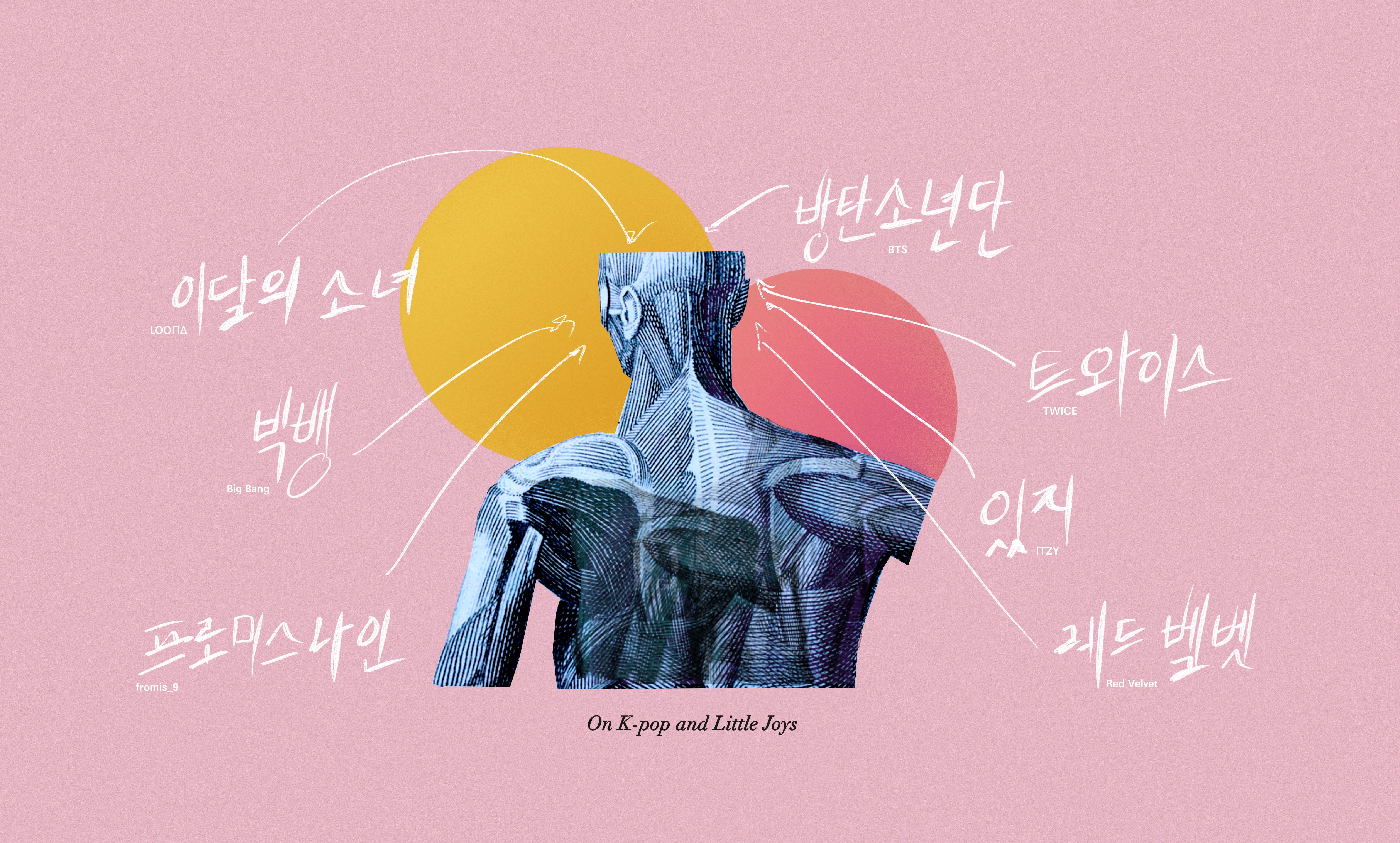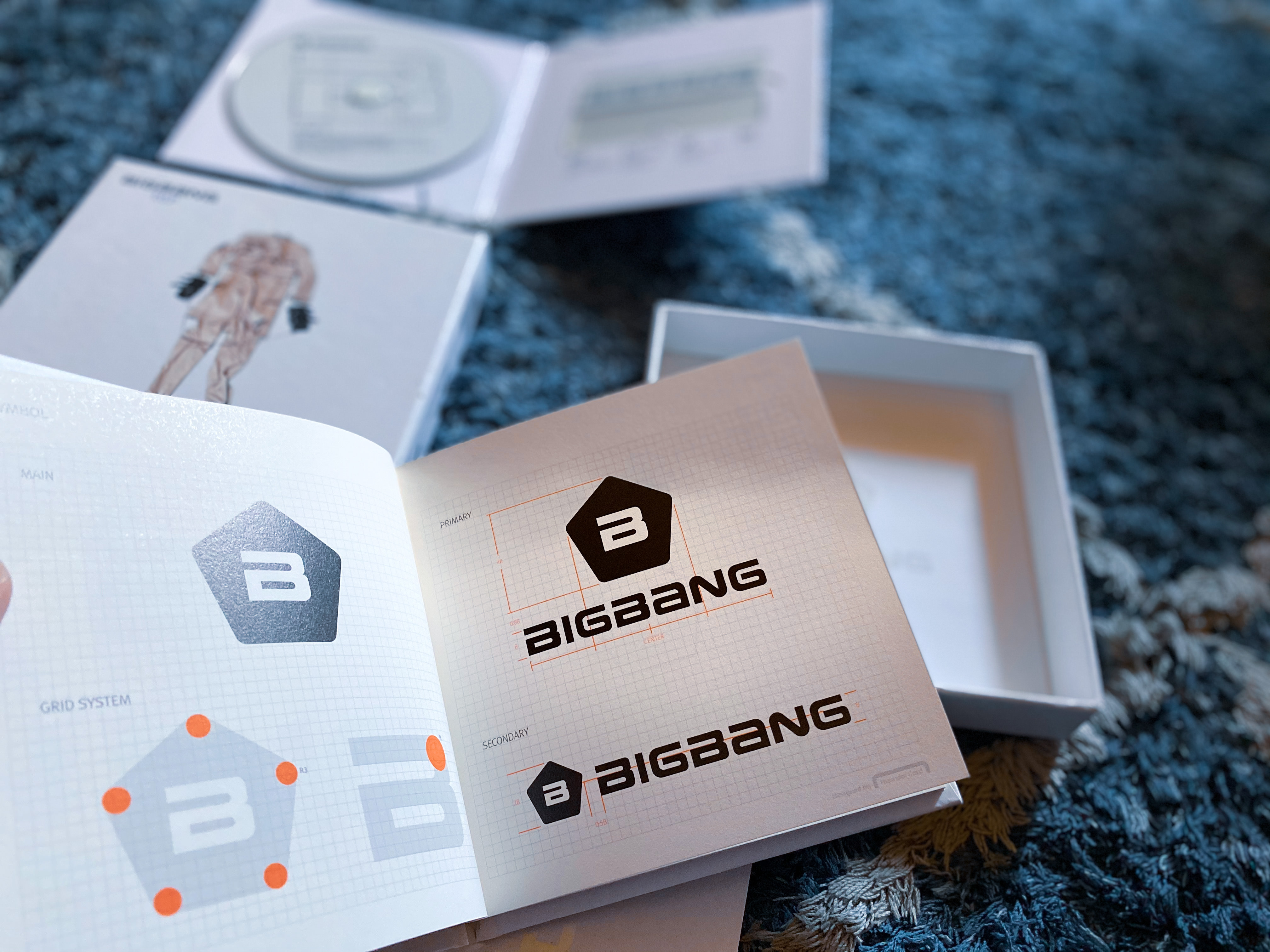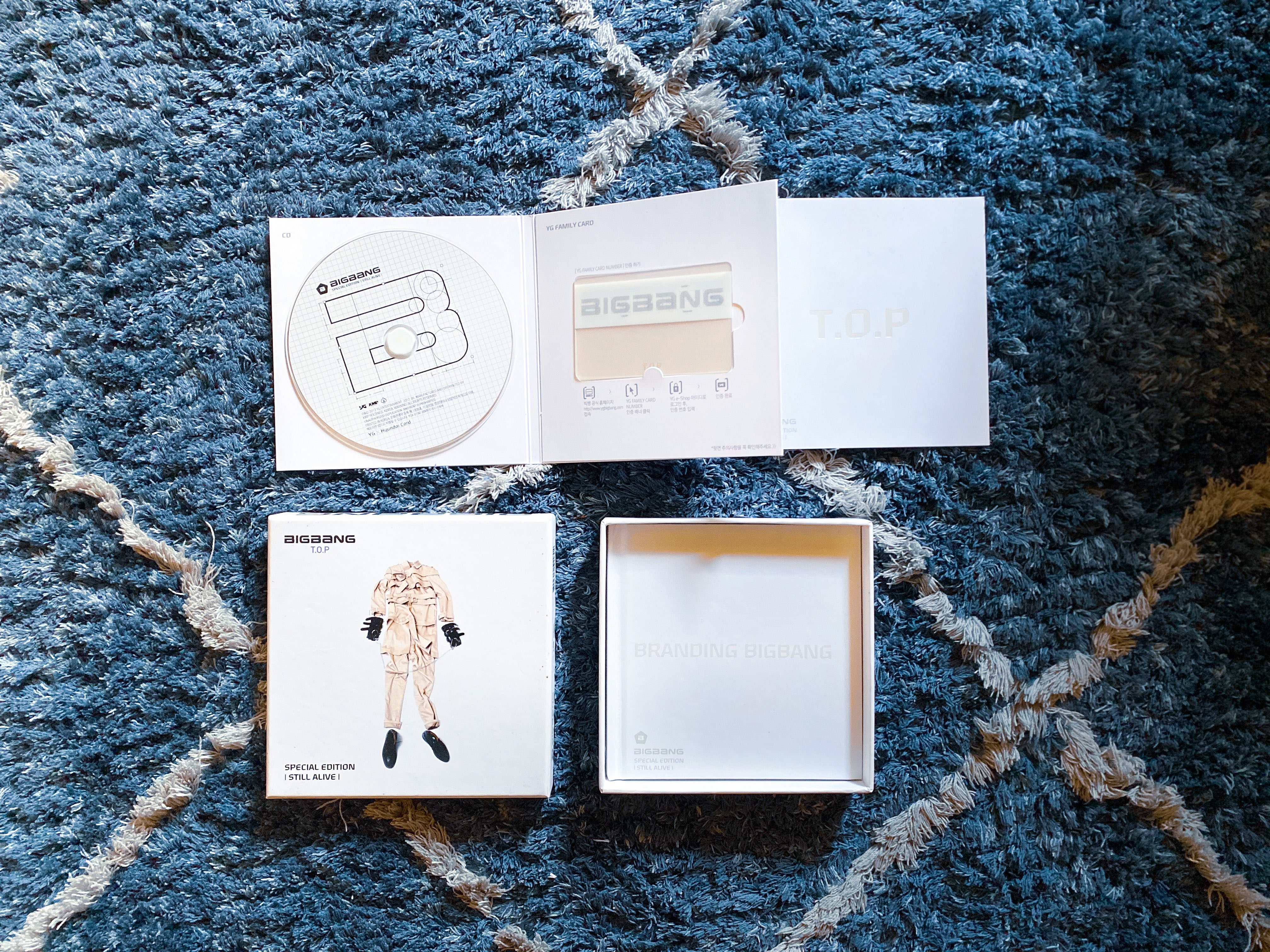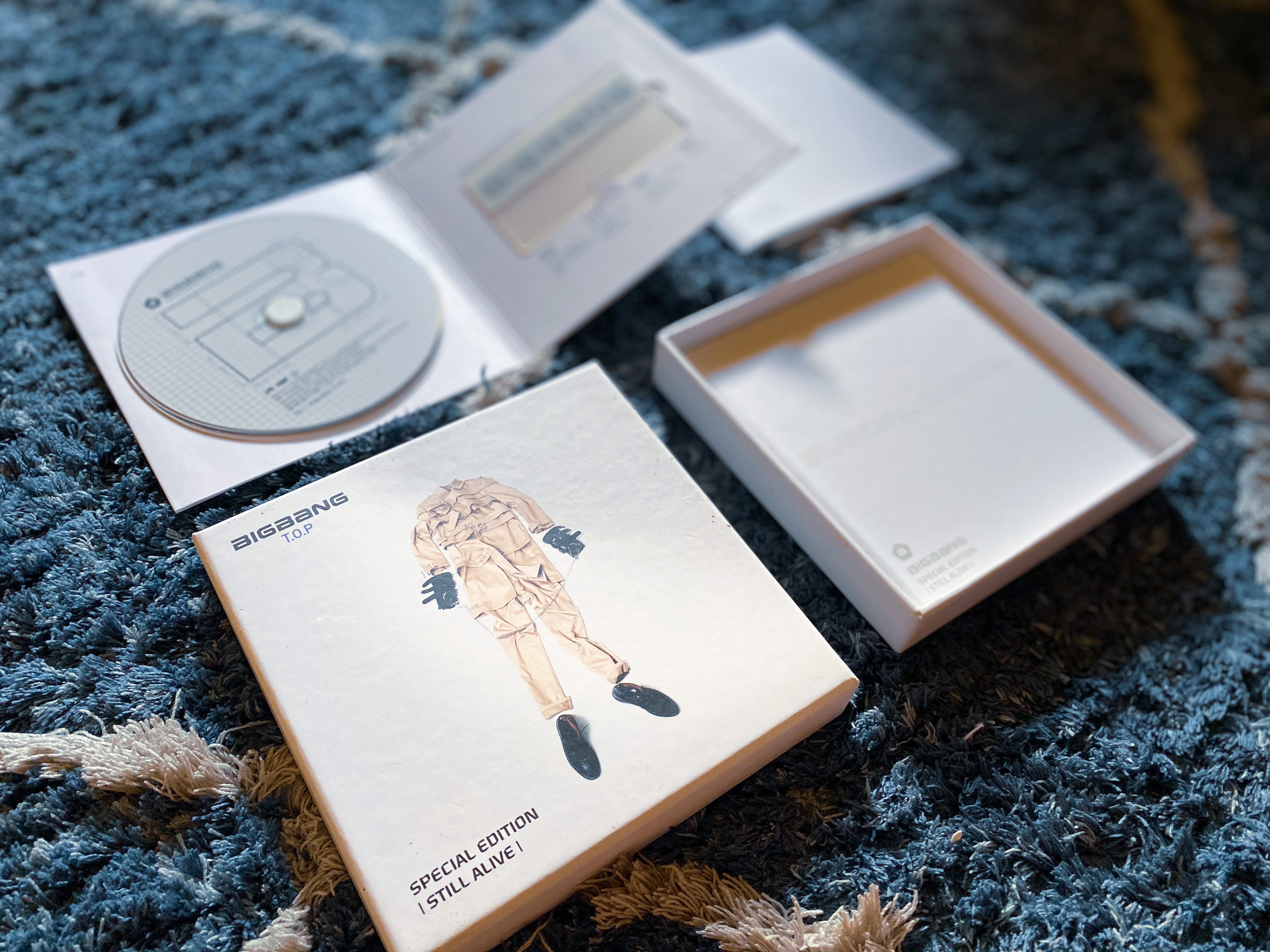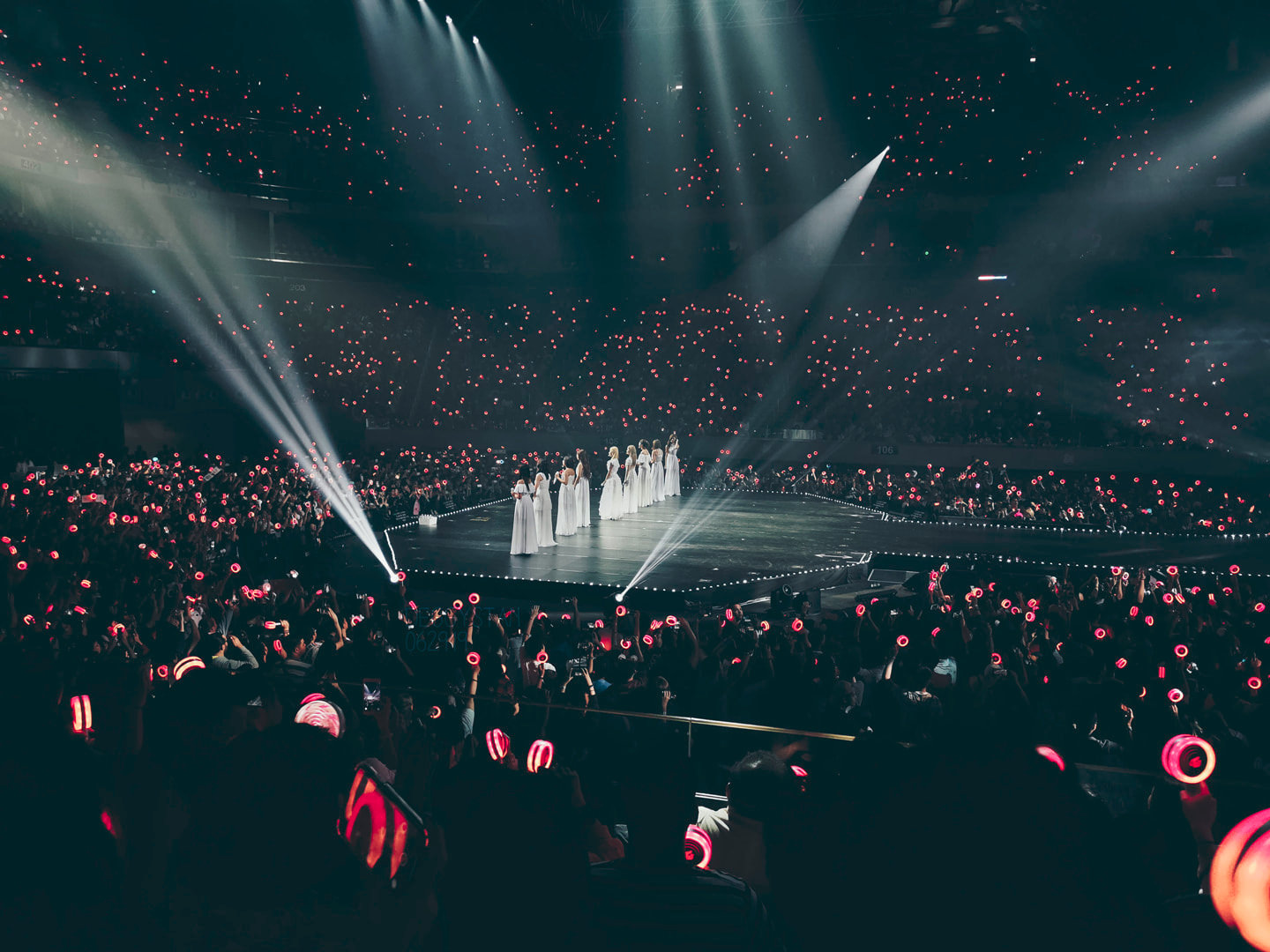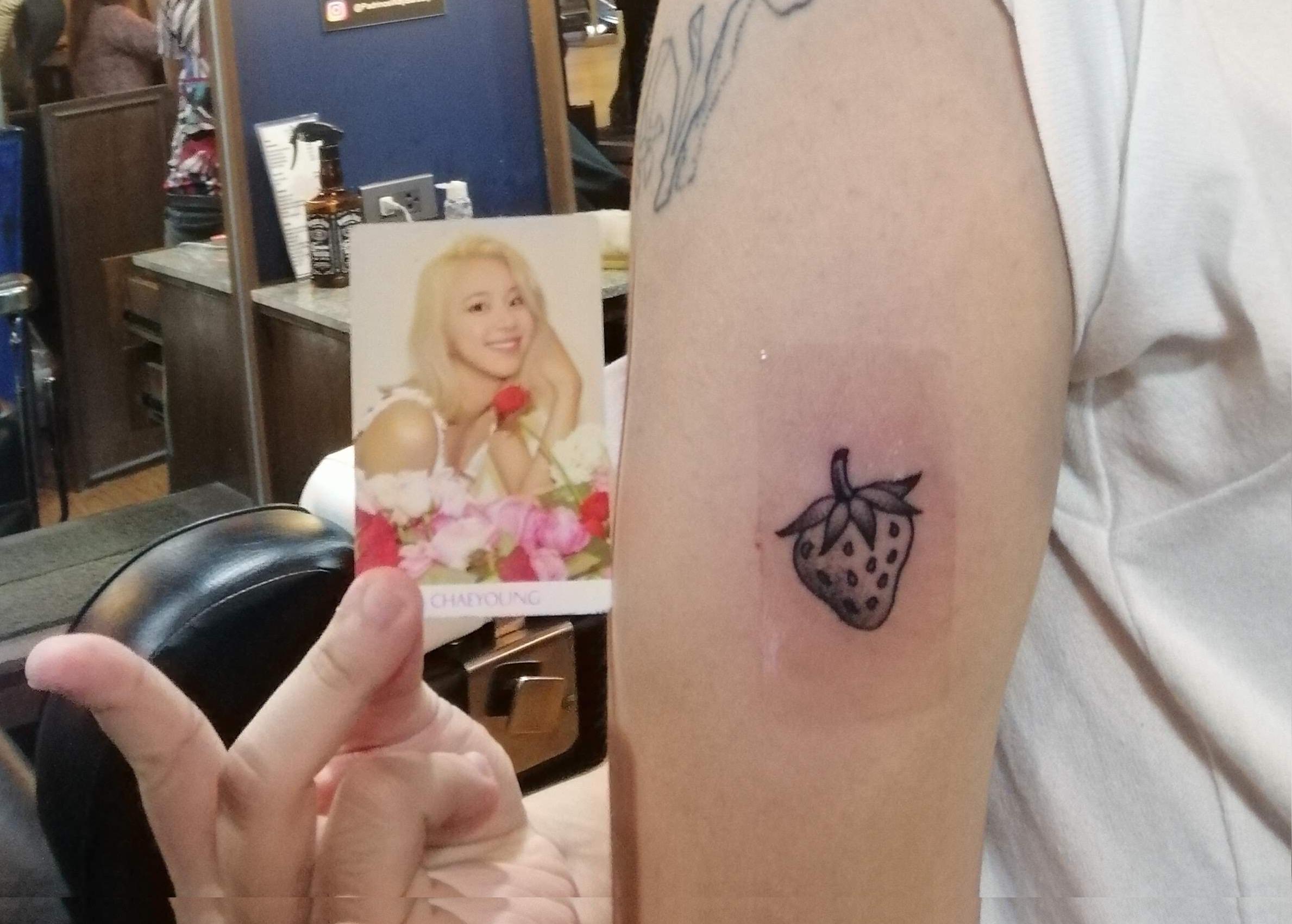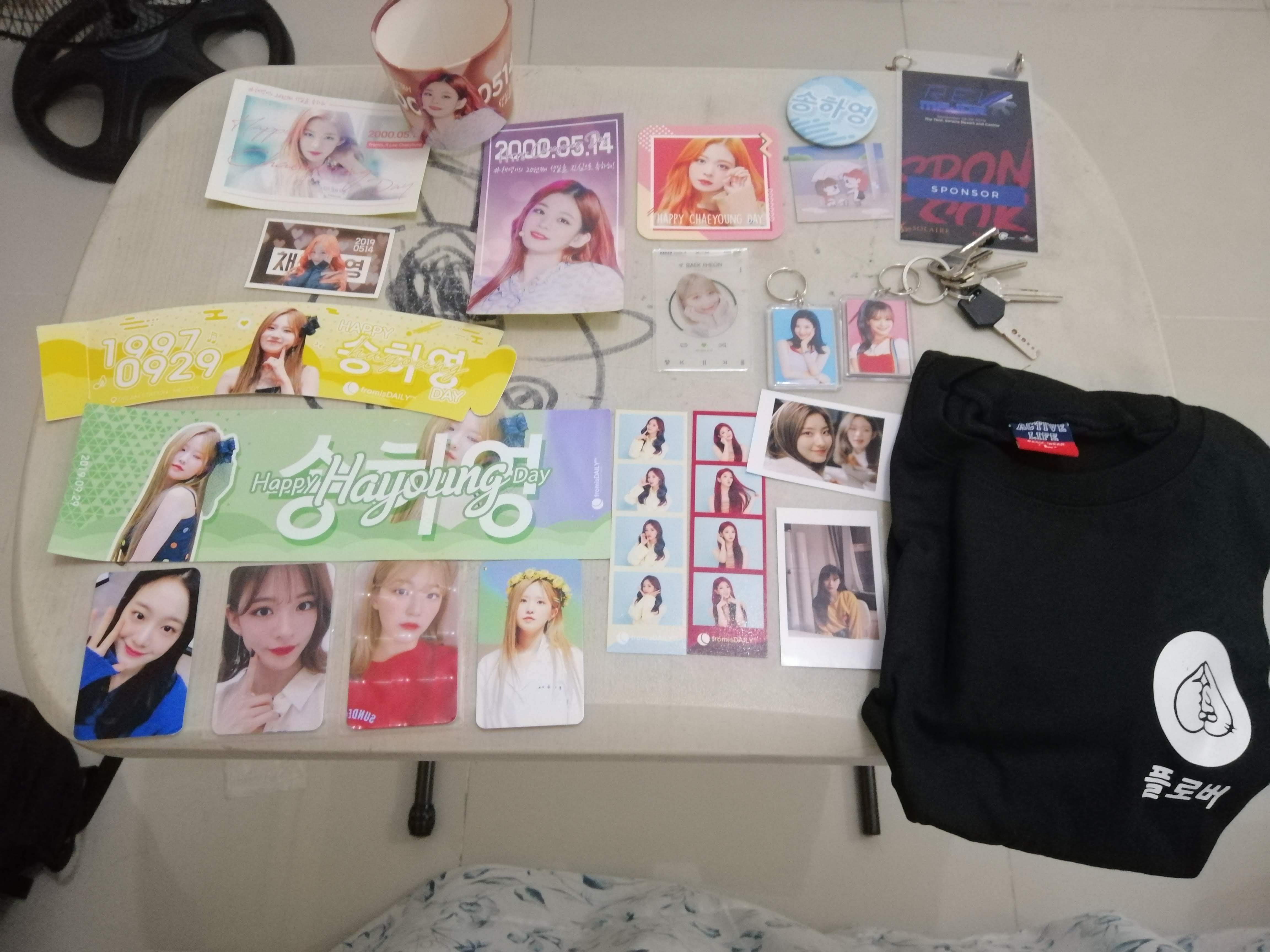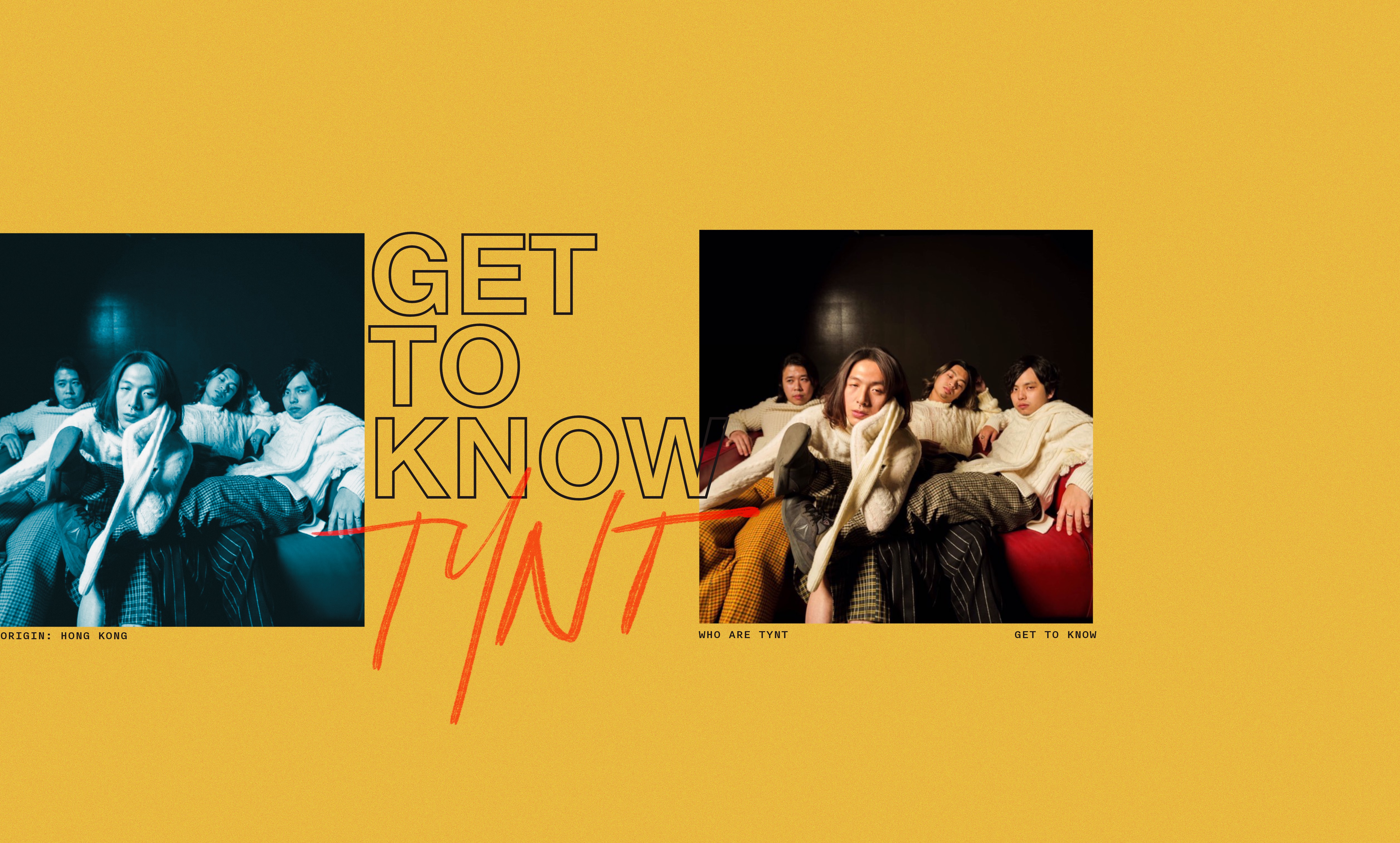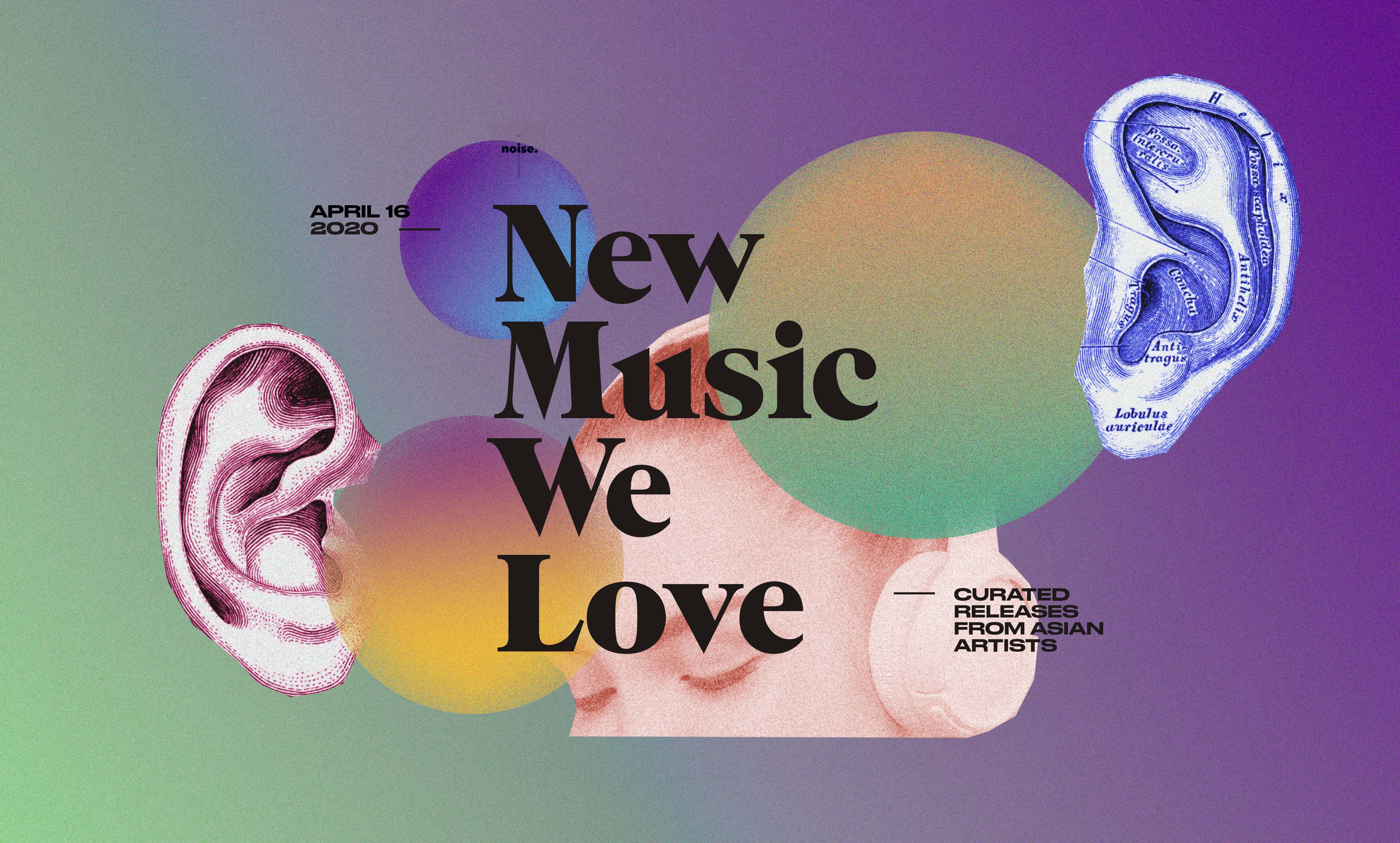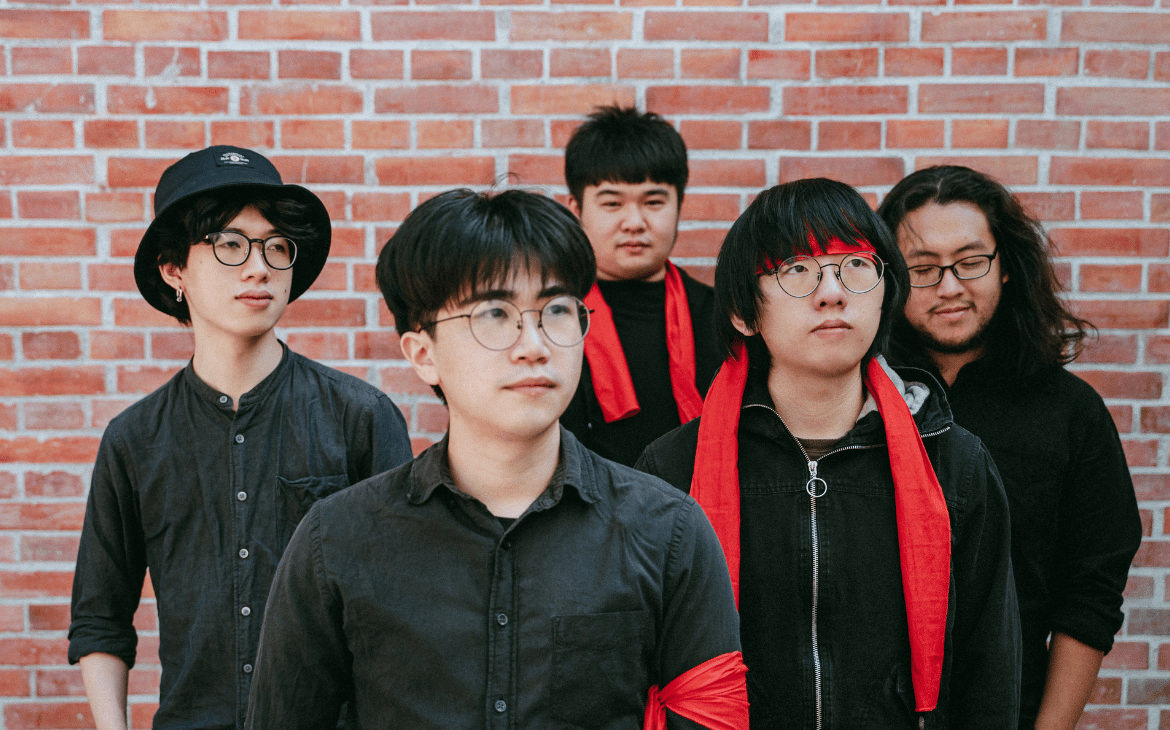How listening to K-pop is a means to cope through experiencing little joys
BY MC GALANG
One of the pitfalls of sheltering in place is the notion that some aspects of our lives, particularly work, don’t have to be disrupted. We are led to believe that this compulsive drive to remain productive during prolonged isolation is an opportunity to take charge of, or make the most out of, an unimaginable situation—a global health crisis—which negates the fact that we are dealing with a pervasive threat and are vulnerable to trauma.
In the past month, I have been feeling increasingly despondent. It’s a strange feeling, losing sense of time. Days drag on and I end up either sleeping too much or barely. The routine I’ve managed to establish the last two years of remote freelancing was suddenly upheaved and worse, I felt like I’m slipping back into depression. On days that I was feeling a little more like myself, I try to find ways on how to cope. Instead of feverishly searching for new things to enjoy (something that can be equally stressful to forcing myself to work), I’ve shifted my perspective and began to rediscover something I love from a bygone era in my life: K-pop.
Photos by MC Galang
Unlike watching my favorite movies and TV shows, or listening to pre-2014 music, putting K-pop in rotation was not an instinctive therapeutic choice. I had a good run with it in college, listening to—sometimes almost exclusively—Big Bang, Super Junior, 2NE1, and TVXQ! I thought perhaps I just outgrown it and didn’t mind not keeping up with the newer crop of artists; although every now and then I’d play 2NE1’s doleful “Stay Together,” Super Junior “It’s You,” G-Dragon and TOP’s “Oh Yeah,” and TVXQ!’s infinitely low-key shimmy bop, “Rumor,” and the slick “Honey Funny Bunny.”
A few weeks ago, I mindlessly clicked on a YouTube recommendation for a video for Kim Lip’s (Loona) “Smooth Eclipse.” I was mildly interested until I listened to “Number 1,” a track from the group’s latest EP, [#]. In my review, I wrote that it “led to intimate joy that feels strangely familiar. Being exposed again to [K-pop] immediately brought comfort… [and] unburdened me of anger, anxiety, and depression that have been plaguing me since last month.”
This was best described by Swiss poet Herman Hesse in his 1905 essay, “On Little Pleasures.” He wrote, “Our ways of enjoying ourselves are hardly less irritating and nerve-racking than the pressure of our work. ‘As much as possible, as fast as possible’ is the motto. And so there is more and more entertainment and less and less joy… This morbid pursuit of enjoyment [is] spurred on by constant dissatisfaction and yet perpetually satiated.”
My favorite Loona EP, [++] (2018), is a delightful collection of pop songs that just beckons me to move and sing along to it repeatedly. The lead single, “favOriTe,” turns any space into a dancefloor; the appropriately titled “열기 (Heat)” brims with lightness, a perfect summer song; and “Perfect Love” and “Stylish” are just irresistibly fun—”little joys” that captured what Hesse rendered “so inconspicuous and scattered so liberally throughout our daily lives that the dull minds of countless workers hardly notice them… they cost no money!”
I’d like to believe that it’s not only fear, anxiety, and grief that we’re sharing, so I asked Degs and Gabba’s Christer De Guia and Ang Bandang Shirley and Honeydrop’s Debb Acebu about their love of K-pop and how it has helped them mentally cope with the times.
The following interview has been lightly edited for clarity.
How are you guys doing?
Christer: Honestly, I’ve been better compared to how I was last year. I’ve been through a lot of things mentally and emotionally these past few months, but I think I’m in a better place now!
Debb: I’m currently doing well, in general. Although, sometimes the anxiety kicks in whenever I think about what is happening these days. So I turn to music and watch BTS videos to keep my sanity intact while staying healthy and safe.
How did you start listening to K-pop and what drew you to it?
Christer: My deep dive into K-pop started after my friends from Ang Bandang Shirley and I watched a live DVD of tricot. After that, they tried to show me videos from various girl groups and asked me who I “fancied” the most. What really drew me was the amount of content these groups have aside from their usual music videos, which made it easy for me to be invested in the group. The groups I mostly stan are Twice, fromis_9, Red Velvet, LOOΠΔ, and Itzy!
Debb: I started listening to K-pop, specifically BTS, just late last year (October) during an out-of-town gig with Shirley. Kathy, our manager, along with my bandmates Paolo and Joe, were watching a BTS concert video on TV. I was engrossed watching their performance and kind of enjoyed it. Next thing I know, I was hooked to their song, “Best of Me,” and that was the turning point. Upon heading back to Manila the next day, I immediately looked them up and started listening to their songs on Spotify. Since then, I have been watching their live performances on YouTube, their reality shows (Bon Voyage, Run BTS) on V Live and WeVerse surprise live chats, and bought some of their albums. I have also been meaning to watch one of their concerts this year but since the pandemic happened, it’s kind of heartbreaking. But it’s okay, the right time will come, eventually, and I will be hopefully looking forward to that.
Photos by Christer De Guia
What are the qualities you enjoy most about K-Pop?
Christer: The top quality I enjoy most about K-pop is the package. It’s almost always more than just the music. Aside from it being unapologetically catchy (or even bizarre, like Red Velvet’s “Zimzalabim”), it’s quite entertaining; whether it’s on comeback stages or TV shows. The packaging of their albums (or mini-albums), which comes with either a poster, photocard, and other collectibles, is also a plus, too!
Debb: Their dedication to what they are doing is something I really commend. From what I know, most of these K-pop groups have to sacrifice a lot especially during their trainee days. All the more when they hit the mark of success, much is expected of them. As for BTS, besides their perseverance and professionalism, I enjoy their quirky side. I can’t say much in comparison with other K-pop idols, but I find BTS natural and genuine, which reflects the kind of music they put out. They’re like a package full of awesome stuff that you wouldn’t want to miss. From the music they produce, to the heart-stopping performances and choreography that they do, to the character and personalities that these guys have. I am not surprised as to why they have the biggest fanbase right now, but now I understand the feeling and their music’s effect on me. It’s like a warm and fuzzy feeling that I wanted to keep in my lifetime.
How do you think K-pop differs from other kinds of music you listen to?
Christer: I mostly listen to emo, punk, and alternative music growing up, so pop (in general) is a foreign territory for me until recently. Compared to the usual music I listen to, K-pop has always been the kind of music that I don’t have to dig deep in terms of lyrical content and arrangement. In emo, for example, hard-hitting phrases grab my attention, which prompts me to search for the meaning behind the song. In K-pop, I just take it as it is, but I also have the option to read through the content if I really wanted to.
Debb: BTS’s music, to me, is interesting in a way that it makes me rethink about my actions, choices, and decisions in life. I never paid much attention to K-pop until I heard one of their songs. Growing up, I was more inclined to the usual music genres my parents and the people my age listen to and the type of music my friends in the music scene are into, that some of them would think that it would be impossible for me to dip myself into listening to K-pop. But here I am. Along the way, I have learned that they convey messages of self-love and they associate it with philosophical views such as Carl Jung’s. Finding out about BTS and learning about their journey makes me more appreciative of the things I listen to. There are a couple of bands whom I really love because of their lyrics, the story behind the songs and the way they communicate the message, but for some reason, their music has really struck me the most. Maybe it comes with age and maturity, I really don’t know, but I find the depth of their music and the message it brings sort of timely and something I needed right now. I still listen to my favorite bands; but BTS, to me, is very much therapeutic. It’s like an exercise routine that I needed to do every day in order to feel good about myself and go on with my life. Basically, it works for me. It makes me joyful. And I can say that most BTS fans feel that too, in one way or another.
What role does it play on your mental psyche in general, and during the quarantine specifically?
Christer: Consuming and listening to K-pop content subtly reminds me that it shouldn’t be all that complicated to enjoy things for what they are. I find it quite amusing that I find an indescribable connection with the idols I follow despite them having a larger following than the other artists I’ve been following for more than five years. Watching short clips of my biases telling their fans to do their best somehow has a lasting effect on me.
Making a K-pop playlist on Spotify helped a lot, too. It was my go-to playlist last year and I almost always play it every time I go out. It helps me prepare for the cruel outside world, haha! I’m an overthinker and unhealthy thoughts frequently visit my head, so I’m glad that K-pop is around to help me subvert those feelings.
Every since the quarantine went down, I’ve been trying to get into new K-pop groups, as well as watching old content such as concert videos and fancams. With all the bad news that has been happening all around, it keeps me preoccupied. Para bang may karamay ako in these trying times.
Debb: Their music, as I mentioned, is therapeutic and helpful. It’s like the closest thing that I could have to a perfect friend. It’s like having a session with a therapist, minus the anxiousness of telling them how I feel at the moment. Of course, besides the music, watching their videos is another thing. I tell you, I haven’t really laughed that hard since last year because of some major life changes, and now that we are in self-isolation, BTS somehow keeps me sane, productive, and alive. Although, sometimes I still experience some episodes of darkness and trauma, but I can say that they really changed my disposition and perception towards life. They’ve helped me acknowledge the importance of self-love, empathy, and kindness especially during these trying times.
Photos by Debb Acebu
Which K-pop songs in particular do you regard as the most important to you and can you tell us a bit about those?
Christer: Twice’s “What Is Love?” and “Fancy,” Red Velvet’s “Bad Boy,” and fromis_9’s “DKDK” are arguably the most important songs to me.
Not ashamed of it, hearing “What Is Love?” at a very vulnerable moment last year (imagine driving in the rain after trying to recuperate from a recent heartbreak) felt like a pat on the back for me. For some reason, it helped me not to feel jaded about romance and love in general. Hearing it live was a memorable moment for me, too. I cried like a child longing for affection when the chorus dropped.
“DKDK” is the first K-pop song I discovered on my own (without being suggested by my friends), which eventually led me to stanning fromis_9. It’s also probably the first K-pop group I stanned which don’t belong to the big three.
“Fancy” was the first comeback I’ve ever experienced since I got into K-pop. You just really don’t forget your firsts. “Bad Boy” made me realize that there are different facets when it comes to K-pop. It’s probably the song I share with my friends to reel them into the world of K-pop.
Debb: This is a difficult task because most of their songs are really important to me but I will try my best to choose the essentials. First off is “Best of Me” because it played a vital role to me becoming a BTS Army. “Spring Day” is something personal because it is an anthem of loss and recovery, and “Mikrokosmos” because it’s a song of love. Besides their group songs, I also love their solos particularly RM’s mixtape called “mono.” and one of his songs “forever rain” because it shares about his deepest thoughts of being an idol and an ordinary person wanting to have peace and quiet.
If you or someone you know are seeking help, you can contact the following crisis lines for immediate assistance: National Center for Mental Health: 989-USAP (8727) for landline or 0917-899-USAP (8727) for mobile; InTouch Crisis Line: 8893-7603 for landline or 0917-800-1123 or 0922-893-8944 for mobile.

